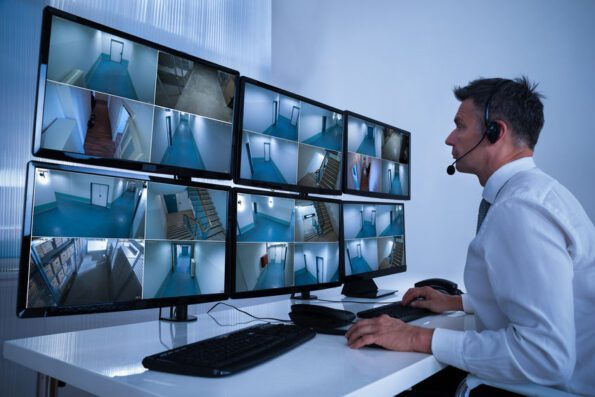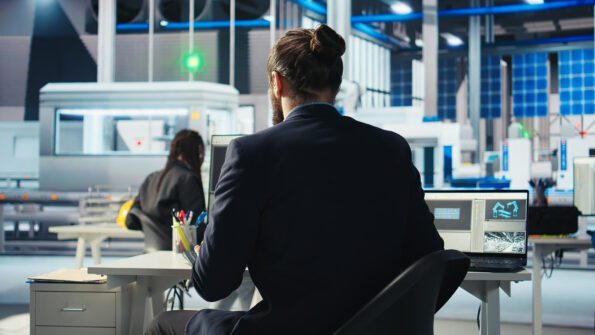Outdated Devices Might Be the Biggest Thing Holding Your Business Back
That sluggish laptop. The desktop that freezes twice a day. The printer that randomly stops working. These small issues are often dismissed as “just how it is” until the day your team hits a wall.
If your team is constantly battling crashes, delays, or spinning wheels, it’s not just frustrating—it’s expensive.
Old technology steals time, drains morale, and increases risk. The longer you hold onto slow machines, the more money you burn in hidden losses.
And the worst part? Most businesses do not realise the damage until productivity drops across the board.
The Real Cost of Slow Machines Is Not What You Think
You’re not just losing minutes when a device crashes. You’re losing momentum, trust, and profit. Here’s how:
- Projects get delayed
- Clients experience slower service
- Employees waste hours troubleshooting
- Stress and frustration rise
- IT issues begin compounding across departments
In a fast-paced workplace, even a five-second delay during every task adds up. Multiply that across ten team members, five days a week, and you’ve lost days of output before the month ends.
An expert IT support solution in Liverpool can help businesses avoid this trap by reviewing the lifecycle of your technology and planning smart replacements.
The Signs Your Devices Are Past Their Prime
You don’t need a tech degree to spot devices that are dragging you down. Here are clear signals your hardware is due for retirement:
- Frequent Crashes or Reboots
When devices fail often, it is not just annoying—it risks your data and your deadlines.
- Sluggish Performance on Basic Tasks
If a computer lags during simple functions like browsing or document editing, it’s past its effective lifespan.
- Compatibility Problems
Newer software versions often don’t run well on outdated machines. This limits your ability to adopt better tools or platforms.
- Unresolved Security Gaps
Old devices may no longer support updates or patches, making them vulnerable to threats.
- Complaints from Staff
Your team knows when something is slowing them down. If complaints are becoming routine, listen. They’re not exaggerating.
These issues don’t go away with temporary fixes. In fact, delaying replacements often increases long-term costs. Consulting with IT support specialists in Liverpool ensures your upgrade plan fits your budget and priorities.
How One Upgrade Transformed an Entire Office
A professional services firm in Liverpool had been running on five-year-old desktops. Each one was slow, loud, and prone to freezing. The team worked in frustration, saving everything twice and losing half of their morning to reboots.
After finally seeking help from a local IT support solution in Liverpool, they replaced 60 percent of their machines and introduced standardised, high-speed laptops across departments.
The difference was immediate. Projects moved faster. Calls ran smoother. Employee morale visibly improved. Within a month, productivity had increased by over 20 percent, and tech support tickets dropped by 70 percent.
The Right Way to Handle Device Upgrades
Replacing tech should not be chaotic or reactive. Here’s a smarter way to manage it:
Create an Asset Inventory
Track what devices you have, how old they are, and how they’re performing.
Set Clear Lifecycles
Plan to replace devices every 3 to 5 years, depending on their role. High-use machines often need upgrades sooner.
Standardise Where Possible
When your team uses similar hardware, troubleshooting becomes faster and training becomes easier.
Work with Experienced Support Partners
IT professionals can guide your upgrade strategy, recommend reliable equipment, and ensure smooth transitions. The best IT support specialists in Liverpool will also help you balance cost with performance.
If your team is constantly losing time to crashing or freezing devices, you’re not just dealing with an annoyance. You’re losing money, morale, and momentum. Old hardware should not be the reason your business slows down.
Stay ahead by choosing smarter upgrades, planned lifecycles, and expert guidance. Your future growth depends on the tech you’re using today.









